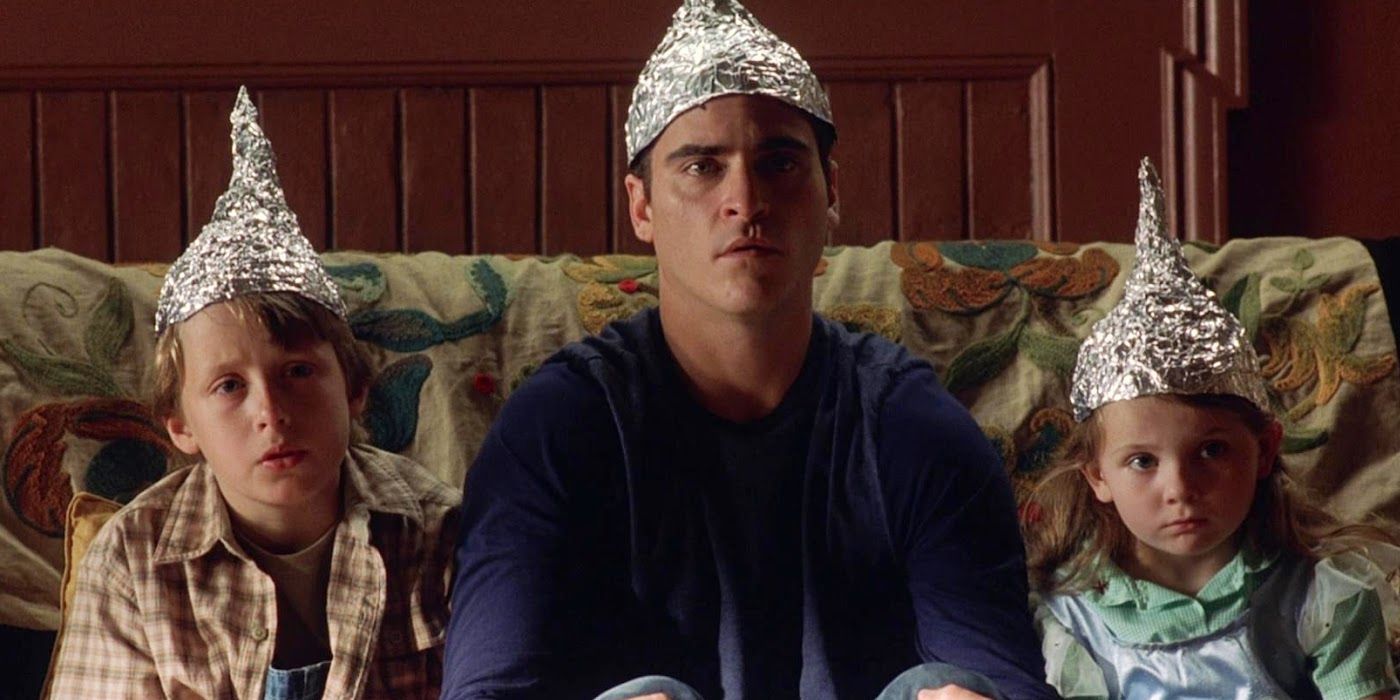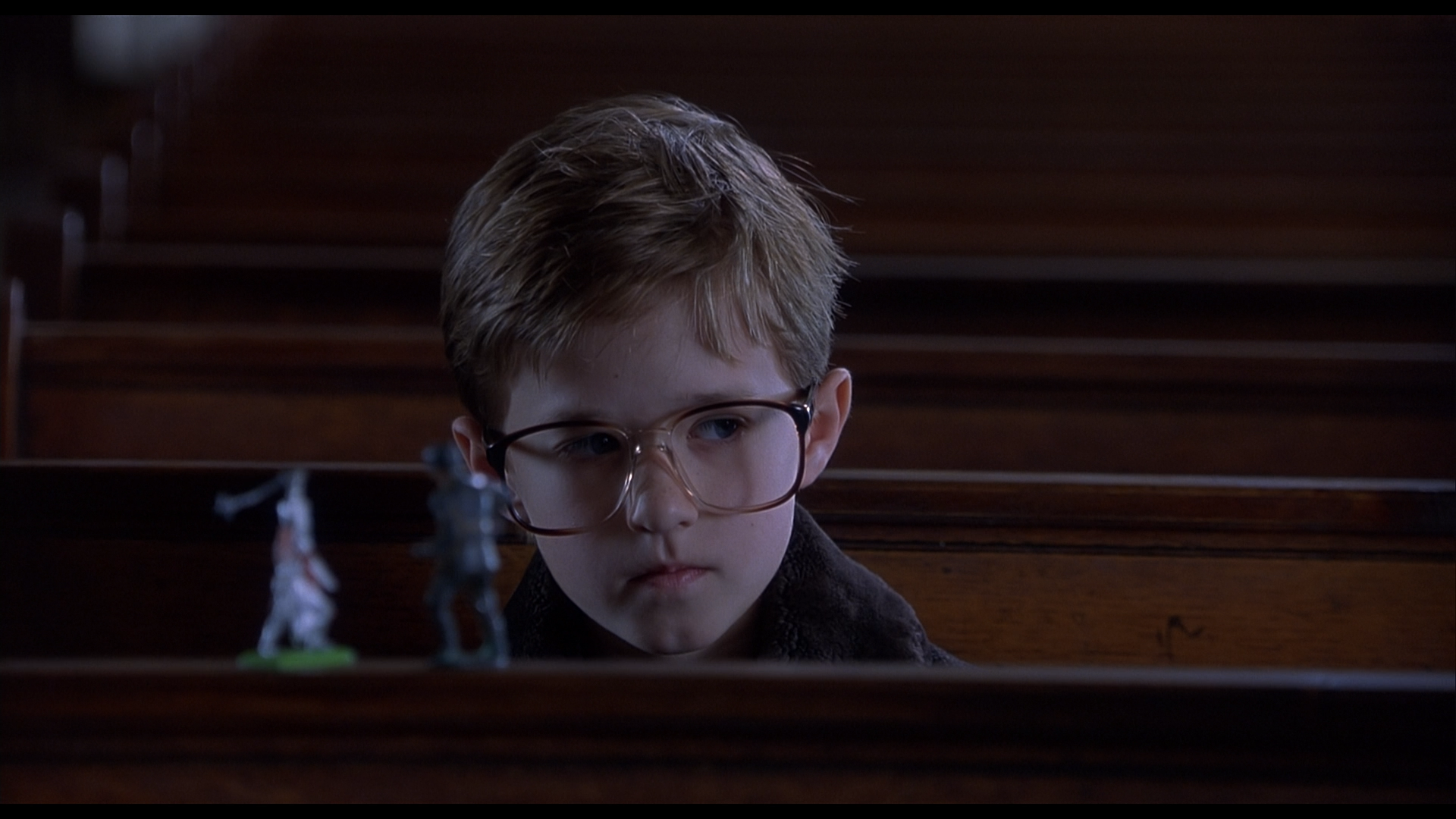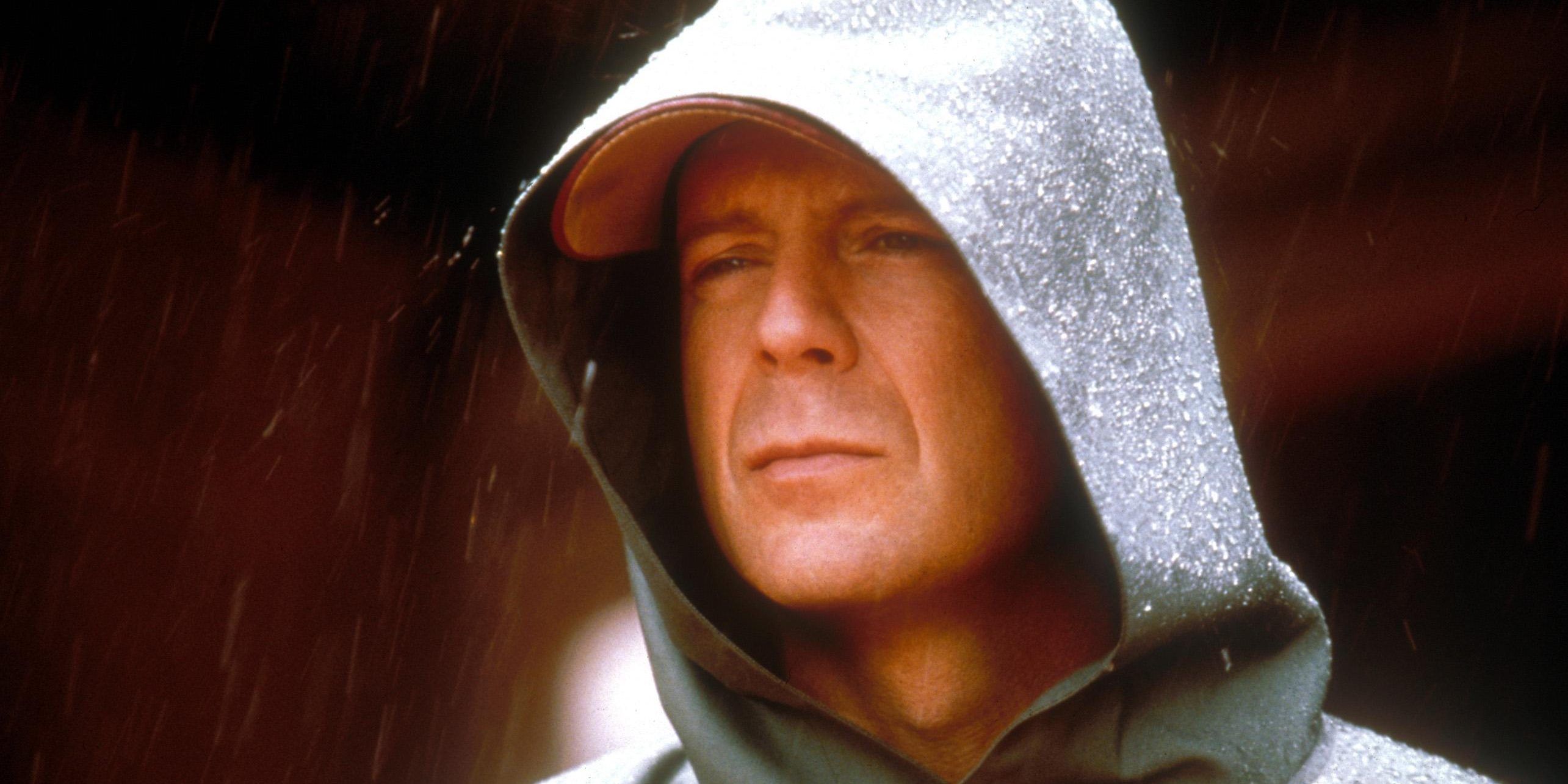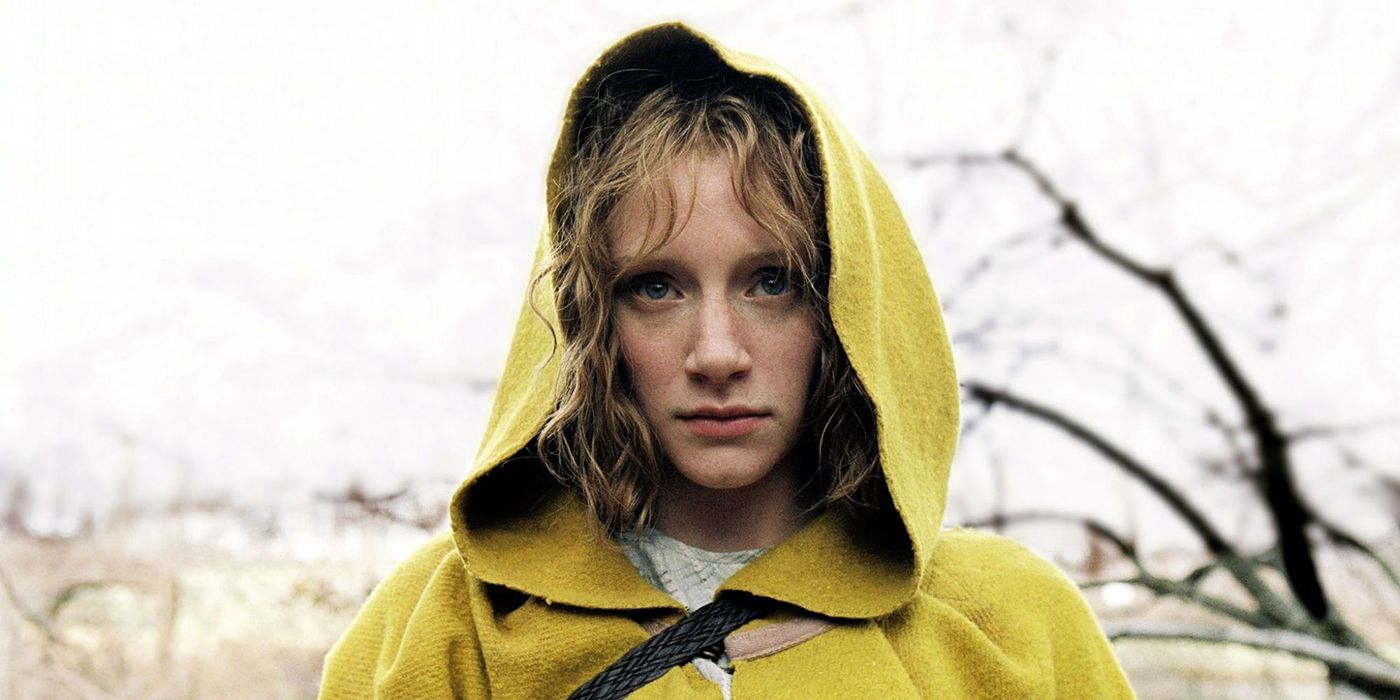James Newton Howard was already a five-time Oscar-nominated composer by the time a young up-and-coming filmmaker by the name of M. Night Shyamalan asked him to score his new thriller called The Sixth Sense, but the collaboration would end up changing how Howard approached writing film music forever.
The Sixth Sense sent audiences reeling when it hit theaters in 1999, setting Shyamalan up as one of the most exciting filmmakers working at the time. He followed that up with his own twist on superheroes, Unbreakable, and the terrifying first contact story Signs, and that trifecta of films coincided with a shift in Howard’s approach to writing film scores.
Recently, I had the chance to speak with Howard for an extended interview as part of an upcoming episode of Collider Connected for his brilliant score for News of the World. During the course of our conversation, I asked about his many collaborations with Shyamalan, and he recounted the experience of scoring The Sixth Sense and Shyamalan’s candid advice after Howard didn’t get an Oscar nomination:
“That was a huge game-change for me working with Night, creatively speaking. We met after I was shown [‘The Sixth Sense’] on the Disney lot, and when I saw the movie I was not one of these people who anticipated the ending, so when the ending came my jaw just dropped and I just loved it. He had temped it with classical music only, no movie music… So we met and we talked and we hit it off very well. We had a short time to do it, I think it was six weeks. But then he said to me after it was over and the movie got a few [Oscar] nominations, and I was not one of the nominated categories, and Night called me up – we had become very close – he had a reason for everything, and he wasn’t wrong to some extent, but he said, ‘The reason you didn’t get nominated is because the music had no singular quality. It could have been music from any scary movie,’ which I don’t really agree with. I think I had something of a singular quality.”
Regardless, Howard considered the advice and put it to use on their next collaboration, Unbreakable, for which he crafted a wholly iconic theme:
“Anyway I took it to heart and on the next movie, ‘Unbreakable’, he was storyboarding the movie in Philadelphia and I was in L.A. and he said, ‘Can you just start writing music based on the script?’ So I did, and I sent him four or five ideas, and he picked the idea that I liked the least – that was the one with the little trip hop drums. It was a little motif more than a theme, and he wanted to put it everywhere in the movie in different variations, so from then on we would try and come up with a very, to use Night’s word, “singular” or “memorable” motif or idea that would really be the heart of the score, and I would be much more disciplined about what music I was using in what scene. Why was I playing this theme here? Did this theme have anything to do with storytelling?”
Howard points to the 2002 thriller Signs as an example of applying what Shyamalan had suggested:
‘Signs’ is a good example. ‘Signs’ is based on three notes, and Night wanted me to use those three notes in everything. So I had to figure out a way of doing it in a scary way, which I did in the main title, but it’s also in a quite emotional and evocative way in a few places where it’s quite beautiful, where I change the harmonies and I change the notes. So what he did, he changed the way I wrote music quite frankly. I became more austere. I would say my writing is more austere with his movies. And I can go to other places, I’m not stuck in austerity forever, but that was a place I had to get to whenever I was working with Night. And it was great, it really had a defining sound, it really fit his movies, it started me writing music before I saw the movie, which is something I still do which I think is really helpful. So that was a meaningful collaboration.”
I mentioned to Howard I thought The Village was a particularly underrated piece of Shyamalan’s filmography, and has a terrific score, and he revealed he wrote an entirely different score first:
“I wrote a completely different score for that movie early on. Because I think the studio wanted it to be more of an action movie so I was trying to write more of an action score, and we would watch the movie and it just seemed to be completely out of sync emotionally. So Night said, ‘Well what else can you do?’ and I said, ‘Well what if we write something that’s really from the girl’s perspective?’ and I thought of a female violin, a solo violin. I was fortunate enough to have Hilary Hahn play all the violin parts on that, and it was beautiful.”
The last film that Howard scored for Shyamalan was 2013’s After Earth, after which the filmmaker kind of regrouped and adjusted his approach to filmmaker with more grounded films like Split and The Visit. But hopefully a reunion is in the cards sooner rather than later, because their collaborations were always tremendously fruitful.
Look for the full Collider Connected episode with James Newton Howard later this week. News of the World is currently available on VOD.




